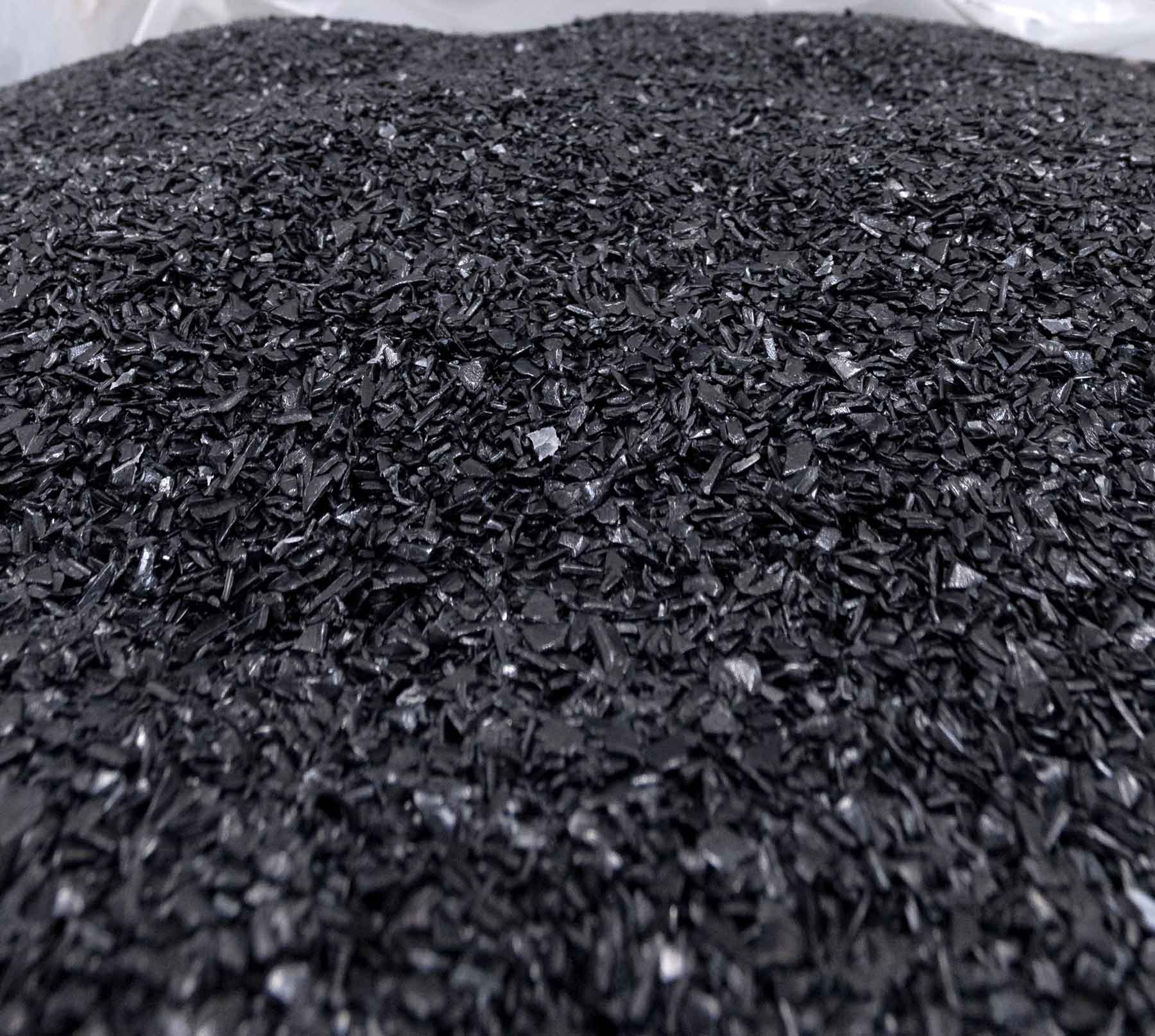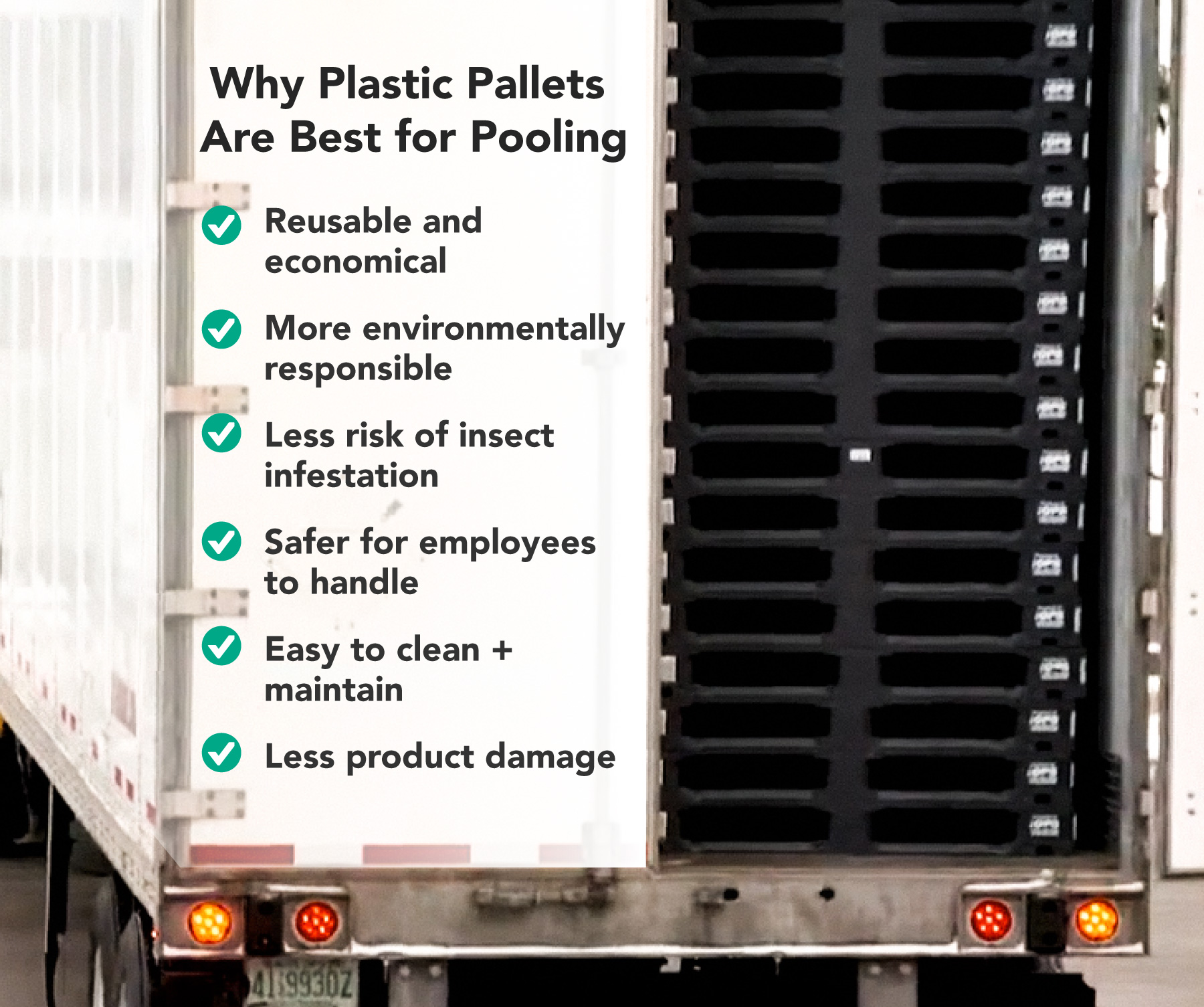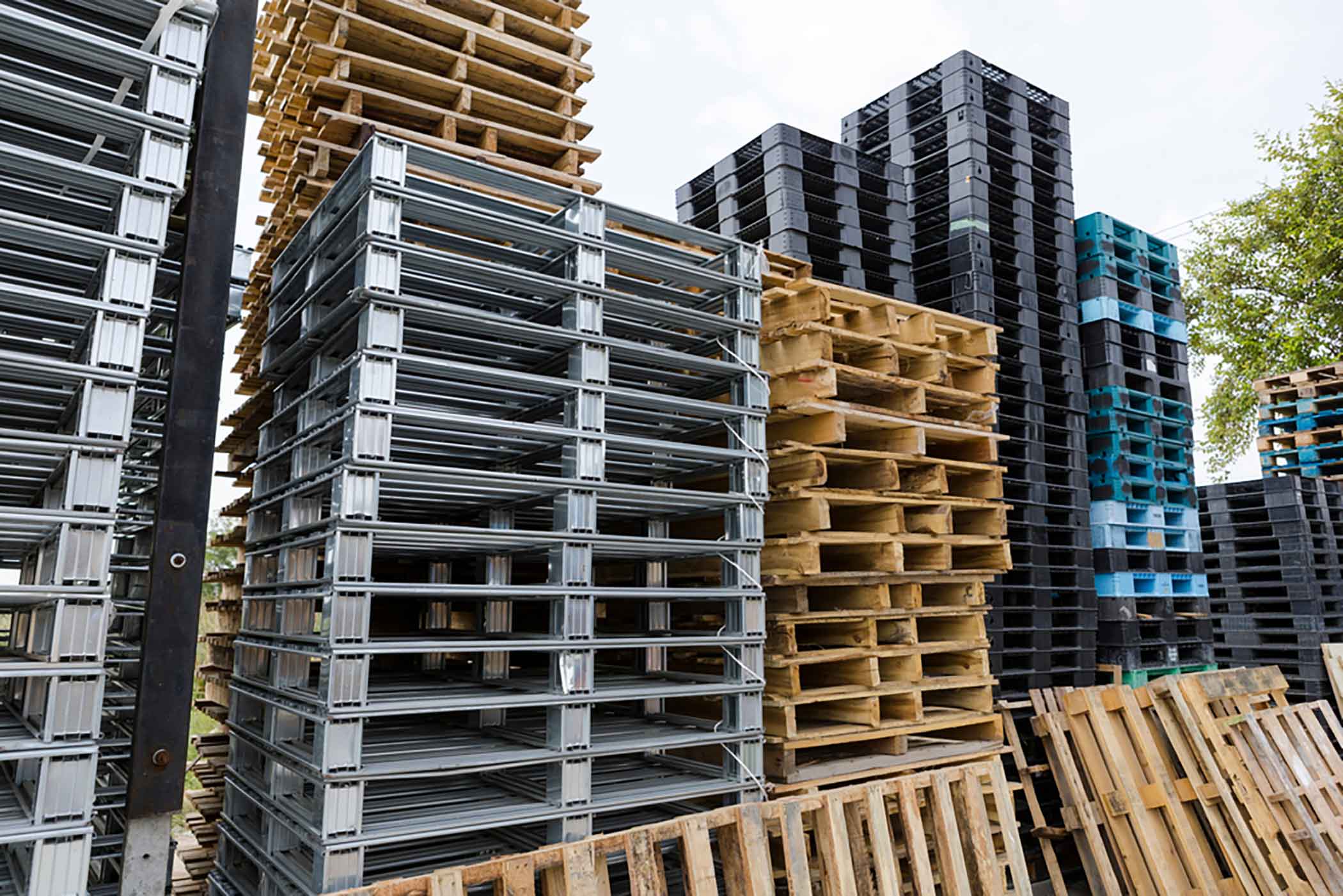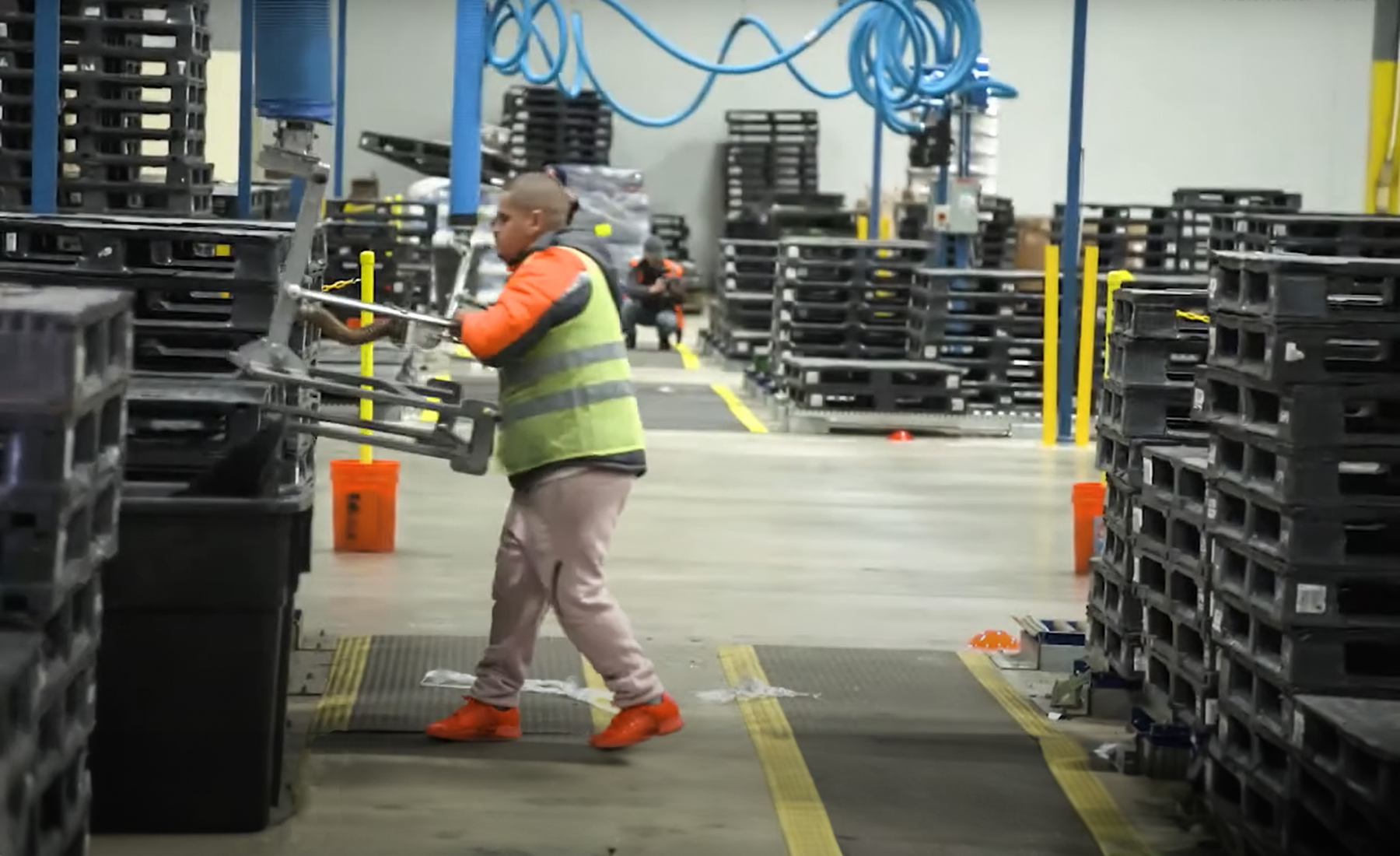ARTICLE UPDATED ON NOVEMBER 06, 2023
The variety of materials used in pallet construction mirrors the diverse range of products they transport. Some pallet materials are favored for their affordability, while others offer exceptional durability and weight-bearing capabilities for transporting heavy goods. Softwood stringer pallets, for instance, are suitable for brief one-way journeys, whereas plastic and metal platforms excel in prolonged usage. Prior to selecting a particular pallet material, supply chain managers should carefully assess its potential impact on their financial and operational performance.
Opting for the least expensive pallet may not always be the most cost-effective choice. Bargain-priced pallets often contribute to problems such as product contamination and damage or rejection of shipments, which can ultimately negate any initial savings on pallet costs. Conversely, overspending on pallets can result in the inefficient allocation of resources that could be put to better use elsewhere. Managers should conduct a thorough analysis of the advantages and disadvantages associated with each pallet type and explore alternatives to pallet ownership, such as pallet pooling, to identify the most economically efficient option.
The Pros and Cons of Popular Pallet Material Types
On an average day, around two billion pallets are actively moving through the supply chain in the U.S. These pallets do everything from transporting produce to the local grocery store to sending urgently needed medicine overseas. To support those diverse needs, pallet manufacturers have begun experimenting with materials other than wood to improve pallet durability and reduce transportation costs. Pallet material types generally fall into one of five categories, and all have their benefits and disadvantages.
Softwood

Pine is the most common type of wood used in softwood pallets. Typically, this wood is used to create single-use stringer pallets, rather than sturdier block pallets.
| Pros | Cons |
| Pine pallets are cheap and easy to source. They’re also light, which saves money on transportation costs and makes handling easier. | Nails, screws, and splinters often break free of wood pallets and damage loads or contaminate products. Wood pallets can also become infested with insects like termites and must meet special heat-treatment requirements for export. In addition, softwood is most often used to make weak stringer pallets, which some retailers reject on sight. Softwood pallets generally break down quickly and can’t carry as much weight as their hardwood counterparts. |
Hardwood

Oak, elm, ash, or maple typically serve as the base for these pallets.
| Pros | Cons |
| Hardwood pallets have higher durability and strength than softwood pallets as the wood is denser, which also extends their lifespan. They’re less expensive than pallets made from alternative materials like metal and are relatively easy to source. Hardwood is often used to make block pallets, which are more durable and versatile than stringer pallets. | Hardwood pallets have many of the same drawbacks as softwood pallets. Like pine platforms, the wood they are made of can absorb moisture, changing their weight and dimensions and making them undesirable for use with finely calibrated automated equipment. Finally, they are heavier than softwood pallets, which increases transportation costs and makes them more difficult to handle. |
Paper

These pallets are also called eco-pallets and are made of corrugated paper products.
| Pros | Cons |
| Paper pallets are low cost and simple to produce. They are designed to create little disposal waste, hence the word “eco” in their name. They are light and easy to maneuver, making them ideal for saving space and reducing transportation costs. | Paper pallets do not hold up well to moisture and can be damaged easily. They are not as stiff as wood pallets, which limits their ability to protect products from damage. Of all the pallet types, their durability is the lowest. In many cases, they are designed for single or one-way use, which also reduces their cost-effectiveness. |
Metal

These pallets are typically made of aluminum, carbon steel, or stainless steel.
| Pros | Cons |
| Metal pallets are extremely durable and long-lasting. They are not susceptible to insect infestation and are easy to clean, making them a hygienic choice. They are excellent for protecting products as their rigid structure resists damage. | Metal pallets are by far the most expensive pallets available, both for initial purchase and in the long term. Since they are heavy, they will increase transportation costs and wear and tear on machinery and will require more labor in handling. Aluminum pallets are lighter than steel ones but will also cost more. Finally, metal pallets can’t be used in certain environments due to the fact that they conduct electricity and can be a safety hazard. |
Plastic

High-density polyethylene (HDPE) and polyethylene terephthalate (PET) are popular plastic types for pallets.
| Pros | Cons |
| High-quality plastic pallets are very durable and easy to clean. They can hold as much weight as wood, and, in many cases, much more. They don’t pose a risk of product damage from splinters or pallet hardware. Plastic pallets are about 30 percent lighter than wood block pallets, on average, so they reduce transportation costs and wear and tear on equipment. They’re also consistent in weight and dimensions, making them ideal for an automated environment. | It’s more complicated to create a plastic pallet than to build a wood one, so it’s not always easy to source plastic platforms in large quantities. Also, since plastic pallets aren’t made up of individual boards like wood pallets, they’re not as easy to repair if they become cracked or damaged, though plastic pallets can be recycled into “new” ones. |
Currently, the most common pallet material is wood, however that does not necessarily make it the ideal platform for all supply chains. Wood is the traditional option and can be useful in some industries, but most supply chain managers will find they benefit from switching to light, durable, reusable plastic pallets. For those renting wood block pallets from a pallet pooling company, switching to pooled plastic pallets may be a logical next step.
Why Plastic Pallets Are Best for Pooling

Regardless of what pallet material type logistics managers choose, it’s always best to seek out pallets designed for reuse. Reusable pallets are more economical, as they don’t need to be constantly replaced or disposed of. They are also more environmentally responsible and can aid companies in building a circular business model.
Many companies using reusable pallets do so with the help of a pallet pooling company. A pooling service eliminates many of the costs associated with maintaining a pallet fleet and takes care of the logistical issues involved in tracking down pallets that have reached the end of the supply chain.
In many cases, wood block pallets are used in pooling, but wood platforms absorb moisture and are often a breeding ground for pests. When they’re used by several different companies, the risk of infestation and contamination increases. Splinters, broken boards, and loose nails – which are frequent occurrences for wood pallets – increase the likelihood of product damage and harm to employees and equipment.
Plastic is a far better material type for pooled pallets. Plastic pallets don’t absorb moisture, and as a result, they’re easier to clean, maintain, and sort. In addition, the non-porous surface is not appealing to pests, so there is little risk of insect infestation. Through plastic pallet pooling, supply chain managers enjoy the benefits of reduced product damage and lower transportation costs while eliminating the upfront investment of purchasing a fleet. Plastic pallet pooling is an excellent solution for any company that wishes to lower their Total Cost of Business (TCOB).
The choice of pallet material depends on various factors, including the specific application, budget constraints, and environmental considerations. Wooden pallets remain a classic choice for many industries, while plastic pallets offer hygiene and durability benefits. Each material has its own set of pros and cons, allowing businesses to select the pallets that best suit their needs and values. As the world of logistics continues to evolve, so will the materials used to support it.
Companies committed to efficient pallet management should consider iGPS plastic pallets for all their shipping needs. Our lightweight, recyclable plastic pallets incorporate RFID technology, making them traceable throughout a supply chain. For more information, contact us at 1-800-884-0225, email a specialist at switch@igps.net, or visit our contact page.



